
His Holiness, Pope Benedict XVI, through a decree of the Apostolic Penitentiary, has generously offered a Plenary Indulgence to
members of the faithful who, on the usual conditions (sacramental Confession, Eucharistic Communion, prayers for the Holy Father's intentions) and in a spirit of total detachment from any inclination to sin, take part devoutly this 11 February in the city of Seoul or in any other place established by the ecclesiastical Authority, in any sacred ceremony celebrated to implore from God the aims of the "15th World Day of the Sick".In my parish, a special Mass for the Sick with the Sacrament of Anointing celebrated within Mass was held, to offer God's comfort to the sick in our community, to assure them of our spiritual closeness and to ask for God's healing for them, in mind and body and spirit.
The Mass was celebrated by our assistant parish priest, Fr. Mark Michael as our Parish Priest, Fr. Marshall Fernandez is still recuperating from the mild heart attack he suffered some time ago. Fr. Ross Naylor, the Chaplain to the Royal Australian Air Force personnel based in the RAAF Butterworth Based in Penang concelebrated the Mass and assisted in the anointing.
A very good number of people turned out for the Sunday Evening Mass, in the 4.00PM heat. Many elderly and sick people, some on crutches and others in wheel chairs, with their care-givers in tow, turned out, from within and outside the parish bounds and fifteen minutes before Mass began, the Church was already beginning to fill.
My grandma also attended. She is the lady in purple in the second seat of the second row.
Besides the main nave, the transepts were filled as well. The photo above is of the Blessed Sacrament Chapel in the East transept. The members of the Society of St. Vincent de Paul were in charge of the crown control.
The homily, which was thankfully brief, reminded the sick that the Church cares for them and asked them to unite their sufferings with Christ, the Healer. Father also thanked the care-givers and family members who care for their sick elders. It's a good thing that in Penang, many people still cling to the Asian values of filial piety and still care for their aged parents rather than chucking them in an Home.
The Rite of Anointing of the Sick then began and Fr. Mark and Fr. Ross proceeded down the aisles anointing the sick who requested it. But, in typical fashion, only the hands of the sick were anointed, rather than the hands and forehead as is prescribed in the Liturgical Books.
By the way, the chap behind Fr. Ross, is the newly baptized Keshure.
The prayer of blessing was then prayed over those present, invoking God's healing power and comfort, and then Father proceeded to sprinkle Holy Water on the assembly.
After Mass, Penang culture and tradition mandated that food be served, so in a spirit of fellowship, all proceeded to the parish hall for a meal which included porridge served with a variety of condiments (which was very good), cakes, sandwiches and cookies washed down with tea and Milo.
Food and eating is very important in Asian culture, bridging the age gap and bringing people closer together as the photos show. In the Catholic Church, in a spirit of true inculturation, this most Asian of traditions is kept healthy and alive, as you can see.
![[Unam Sanctam]](https://blogger.googleusercontent.com/img/b/R29vZ2xl/AVvXsEiymQ2adTjpZ1ABhPBbBBquiPCxeQrc4Jy_97vOikT0wGQeJleriiXQy6ebnb0jrYe-TfvcK77txStB4aIwVAdD41ZdMkVfNtFGC0JX6LBV9B8mfeRZaIAM7Sj-011ag3DiKQzv/s1600/headerdivinemercy.jpg)


























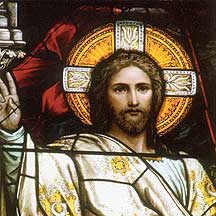







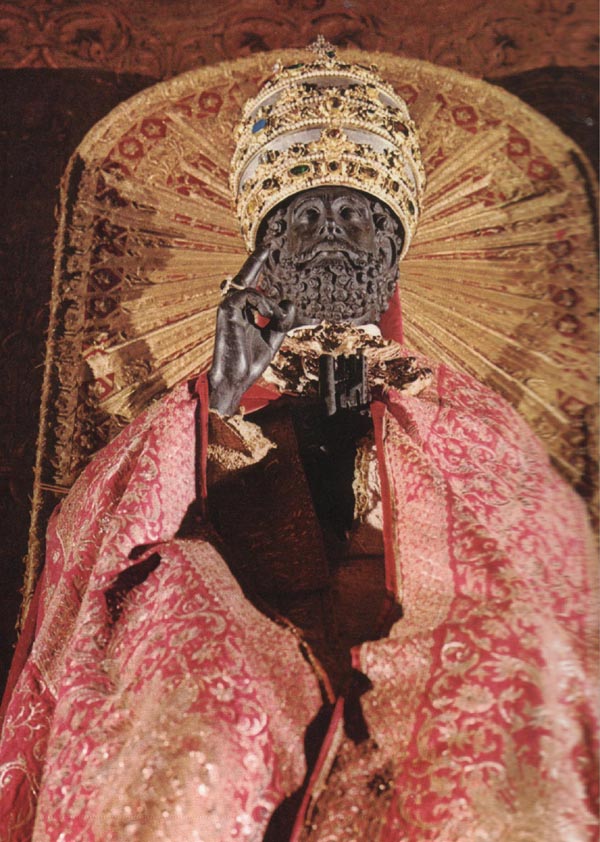
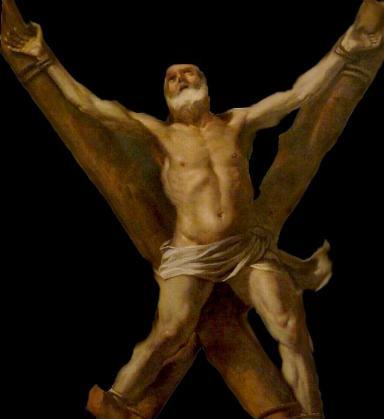




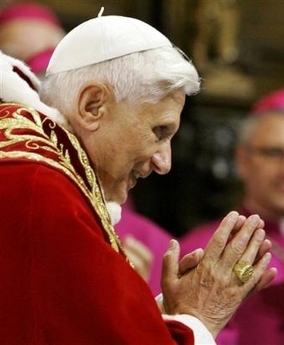






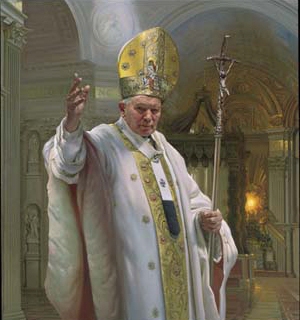
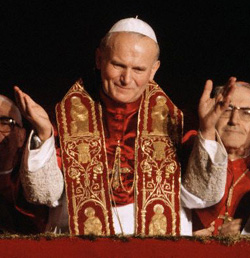
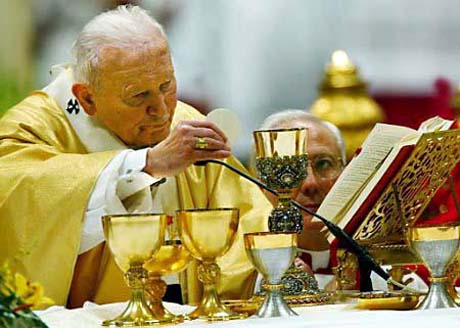







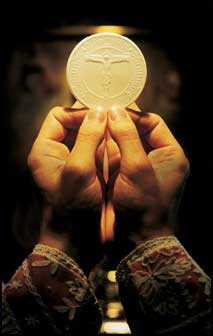
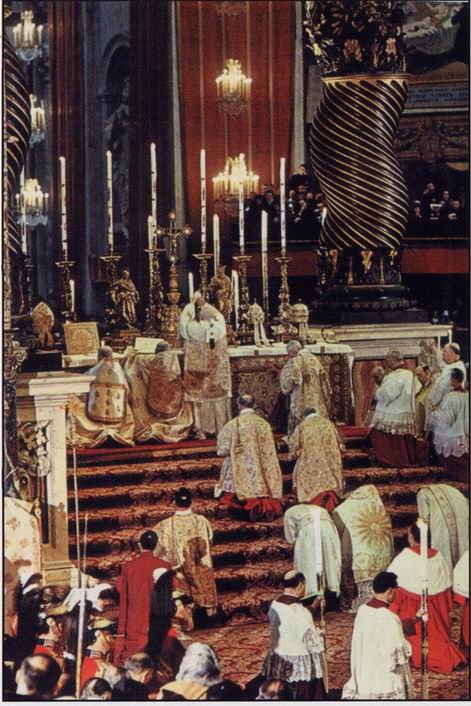

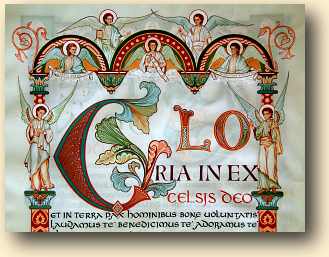

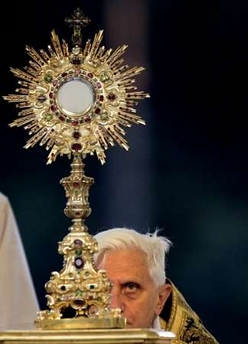


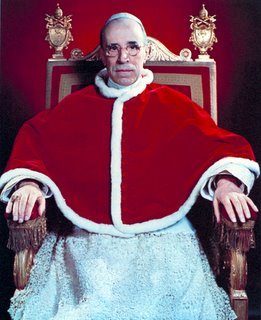




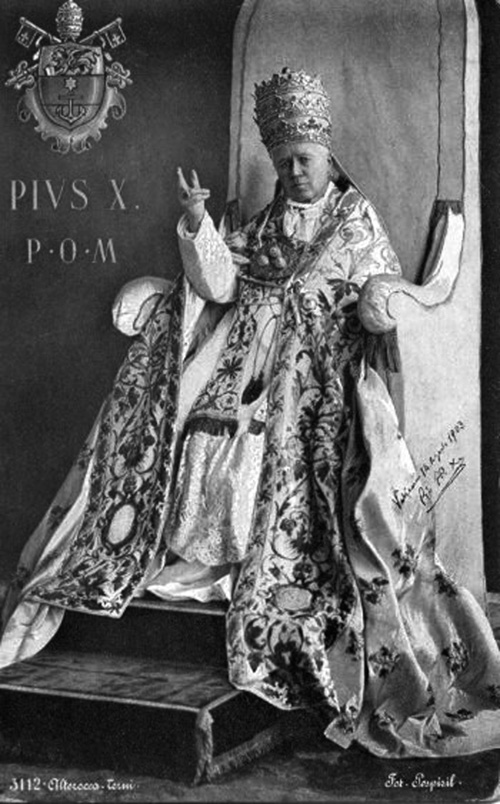



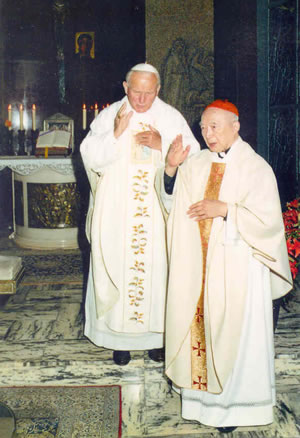






4 comments:
Where are the kneelers?
LOL! Don't worry, there are kneelers. The parish pews are from a 1970's vintage, so, in keeping with the experimental spirit of that age, the kneelers are of the sliding kind and are tucked into the chairs in front.
The pews right up front don't have any so the people kneel on the floors.
The thing about our kneelers is, just after the Sanctus, you suddenly hear a mighty sound, not of the Holy Spirit, but of the hundreds of kneelers being pulled out. It's very distracting, but I guess we've accustomed to it.
Last Easter, me and a friend oiled all the kneelers in the parish. Wow! Backbreaking stuff! It did reduce the noise some, but after a few months, rust set in again and the noise was back.
Good eye!
I was surprised you wrote of 'Asian values'. Usually that's either been used by the state (in particular the Malaysian and Singaporean ones) to justify restrictions to civil liberties, or, as in my personal experience in Southeast Asia, it was sadly used to contrast a supposed Asian moral superiority with that of a presumed degenerate West. There are no positive Asian values that are not also traditional western values, and the vices are similar too. (By the way, you might recall that some Japanese traditionally brought their own parents in previous centuries to die in the mountains when they could no longer work on the fields.)
Best,
Mk Borussia
Mk Borussia, did the Japanese really! Haha! That's pretty mean.
What I meant is that in Asian cultures that are influenced by Confucian ethics, filial piety is very highly esteemed and is actually considered the first virtue in Chinese culture. In this respect, I am still glad that this aspect of Asian values is still upheld.
It is a fact that in most Western countries, it is an acceptable social practice to move one's parents to an Old Folks Home. This may happen for several reasons, be it medical care, companionship, etc. But in Asian countries, this is seen as socially taboo and the expectation is that the children will take care of their parents in their old age and those who fail to do so for whatever reason are still looked down upon as unfilial.
Here are some examples of filial piety, the so called Paragons of Filial Piety that is held up for all Chinese to emulate.
Post a Comment